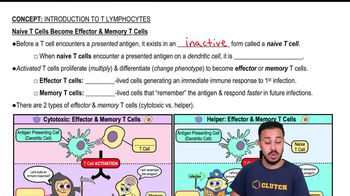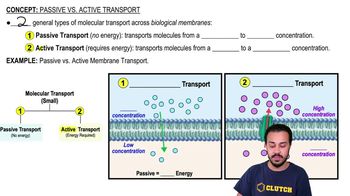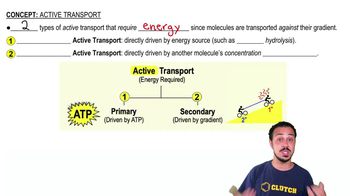Match the T helper cell subset to its function. Some choices may not be used, and some may be used more than once.
<IMAGE>
 Verified step by step guidance
Verified step by step guidance



Match the T helper cell subset to its function. Some choices may not be used, and some may be used more than once.
<IMAGE>
Complete the table to indicate which MHCs are present for each cell.
<IMAGE>
Why are packed red blood cells not tissue typed? Select all that apply. (NCLEX/HESI/TEAS)
a. Red blood cells lack MHC II.
b. Red blood cells lack MHC I.
c. Red blood cells can’t stimulate an immune response.
d. Red blood cells aren’t transferred to others.
e. Red blood cells don’t make antibodies and therefore do not need to be typed.
T helper cells activate B cells to become ________________, which make ________________.
Compare and contrast T-dependent and T-independent antigens.
Which type of hypersensitivity is not antibody mediated?
a. Type I hypersensitivities
b. Type II hypersensitivities
c. Type III hypersensitivities
d. Type IV hypersensitivities
e. Antibodies mediate all of these.